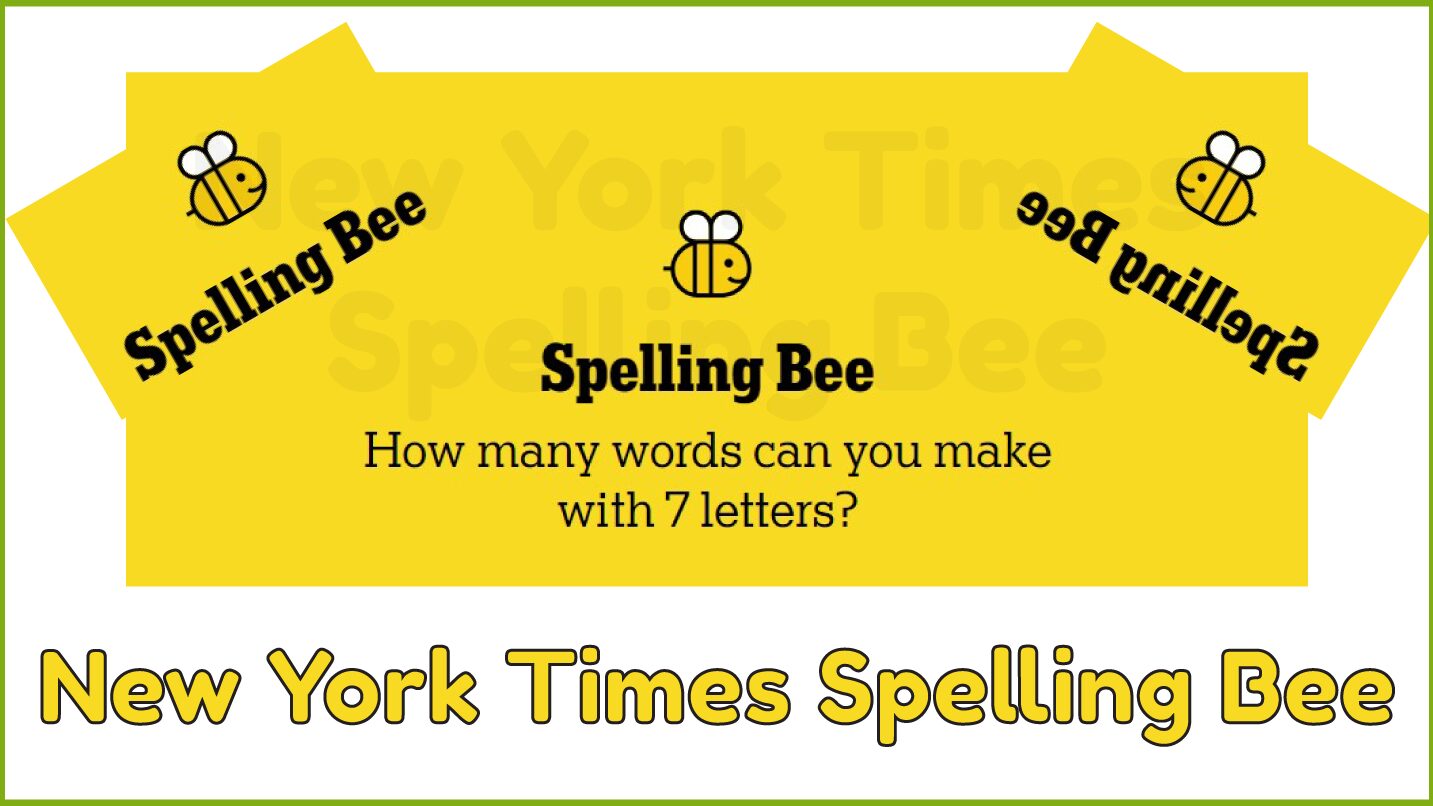A pangram is a sentence that uses every letter of the alphabet at least once.
In the world of spelling bees, a pangram holds special significance. It is a sentence that includes all the letters of the alphabet at least once. The purpose of using pangrams in spelling bees is to test the contestants’ knowledge and proficiency in recognizing and spelling words with different combinations of letters. Pangrams provide a comprehensive challenge by ensuring that participants are familiar with each letter’s sound and usage.
A well-known example of a pangram is “The quick brown fox jumps over the lazy dog.” This sentence contains all 26 letters of the English alphabet, making it an ideal choice for testing spelling skills. However, in today’s spelling bee competitions, organizers often come up with their own unique pangrams to keep things fresh and challenging.
NY Times Spelling Bee Information
| Category | Details |
|---|---|
| Game Name | NY Times Spelling Bee |
| Developed by | The New York Times |
| New puzzle time | Varies |
| Year | Varies (Initiated before 2023) |
| Session | 15th December 2023 |
| Recent Answer Updated | |
| NY Times Spelling Bee Forum | Spelling Bee Forum |
| NY Times Spelling Bee Puzzle | NY Times Spelling Bee |
| NY Times Spelling Bee on Google Play | Google Play Store |
| NY Times Spelling Bee on App Store | Apple App Store |
Today’s spelling bee pangram may vary depending on the specific competition or platform.
Unlike traditional spellings bee where a set list of words was given to participants, modern-day spelling bees often take place online or through digital platforms. In these virtual competitions, organizers have more flexibility in creating customized word lists and selecting pangrams specifically tailored to their event.
The choice of today’s spelling bee pangram can vary depending on factors such as the level of difficulty desired, the age group or grade level of participants, or even regional variations in language usage. Organizers may choose pangrams that include lesser-known words or ones that require contestants to think critically about word structure and pronunciation.
For example, one possible today’s spelling bee pangram could be “Jovial students quickly grasp complex vocabulary.” This sentence not only includes all 26 letters but also challenges participants to understand advanced vocabulary concepts while maintaining accuracy in their spellings.
Another variation could be “Zealous explorers navigate jungles effortlessly.” This particular pangram not only tests participants’ knowledge but also encourages them to think creatively about words related to exploration and adventure.

